7 Forgotten Female One-Hit Wonders From the ’70s
The 1970s gave us unforgettable tunes—many by women who topped the charts once and then faded from the spotlight. This article revisits top female artists whose brief brush with fame still echoes through playlists.
Anita Ward – Ring My Bell (1979)
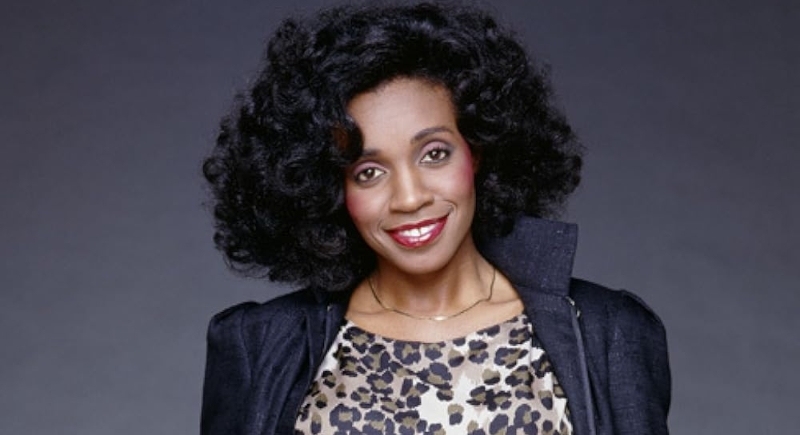
Credit: IMDb
In the summer of ’79, Anita Ward’s Ring My Bell was everywhere—dance floors, radio stations, and roller rinks. With its electronic groove and breathy vocals, it was No. 1 on the Billboard Hot 100 and helped define the disco era. She eventually returned to gospel music and teaching.
Vicki Lawrence – The Night the Lights Went Out in Georgia (1973)
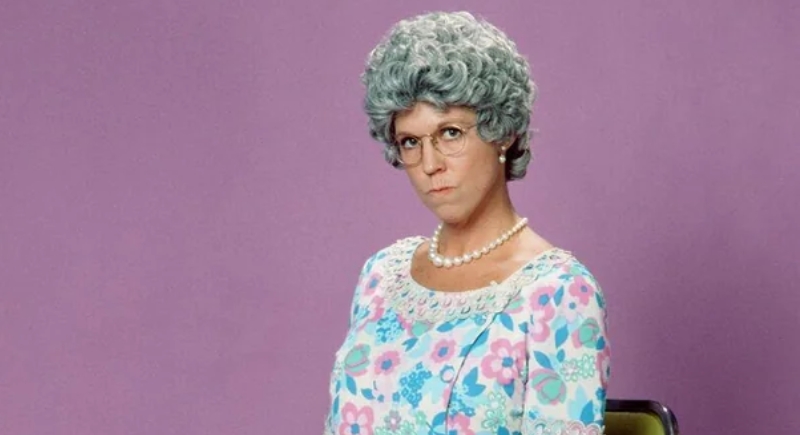
Credit: Reddit
Best known as a comedienne on The Carol Burnett Show, Vicki Lawrence shocked everyone when her ballad soared to No. 1. The Night the Lights Went Out in Georgia was a dramatic Southern tale wrapped in country-pop flair. Despite its success, she never repeated the feat musically.
Samantha Sang – Emotion (1978)
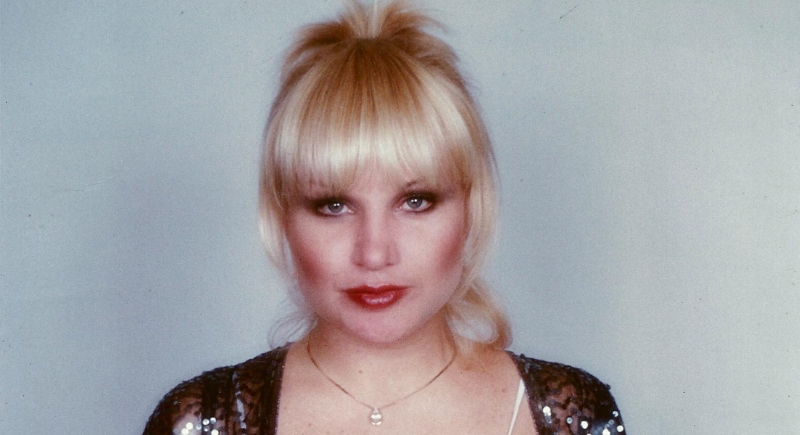
Credit: Facebook
With the Bee Gees writing and backing her, Samantha Sang struck gold with the aching ballad Emotion. Her whispery voice layered over strings and Barry Gibb’s falsetto gave her a global hit. But disco moved fast, and her follow-ups didn’t catch on.
Andrea True – More, More, More (1976)
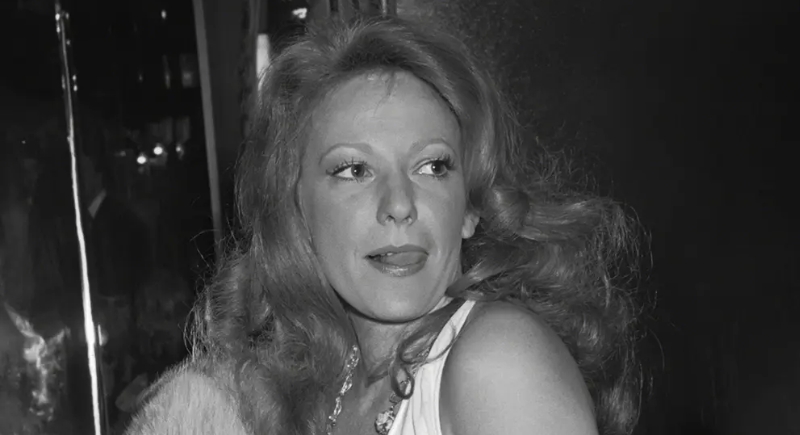
Credit: Facebook
Before hitting the charts, Andrea True had a career in mature films—a fact the press never let her forget. But More, More, More became a disco classic, thanks to its suggestive lyrics and irresistible beat. She tried to keep the momentum going and also went on to chart “N.Y., You Got Me Dancing” at No. 27.
Vicki Sue Robinson – Turn the Beat Around (1976)
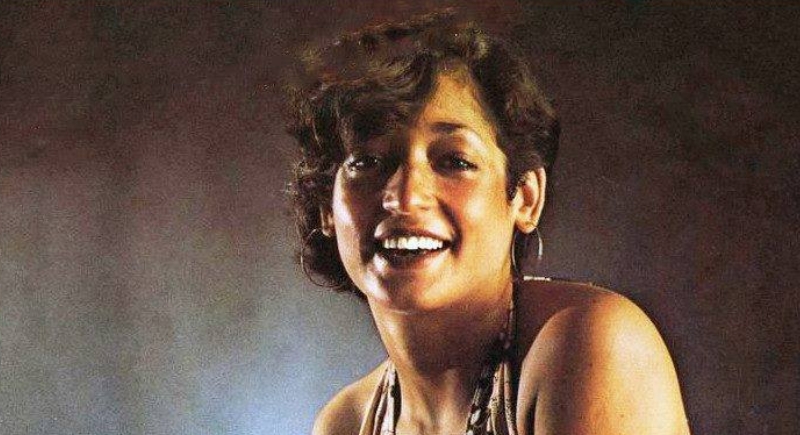
Credit: Facebook
Turn the Beat Around cracked the Top 10 and became Robinson’s signature. While she kept recording and performing on Broadway, she never matched that initial success. Her song found new life in the ’90s with a Gloria Estefan cover, but Robinson’s version remains the definitive spin.
Jean Knight – Mr. Big Stuff (1971)
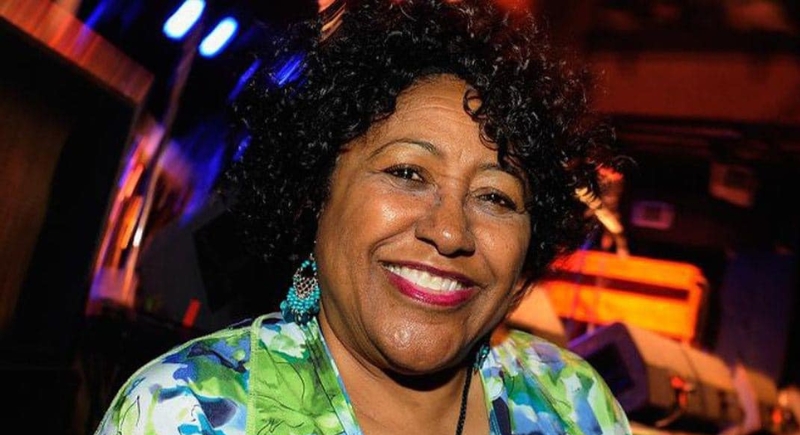
Credit: Facebook
Mr. Big Stuff reached No. 2 on the Billboard chart and became a feminist anthem that sounded like funk. Knight stayed active on the New Orleans music scene by making appearances and releasing albums well into the 2000s.
Chi Coltrane – Thunder and Lightning (1972)
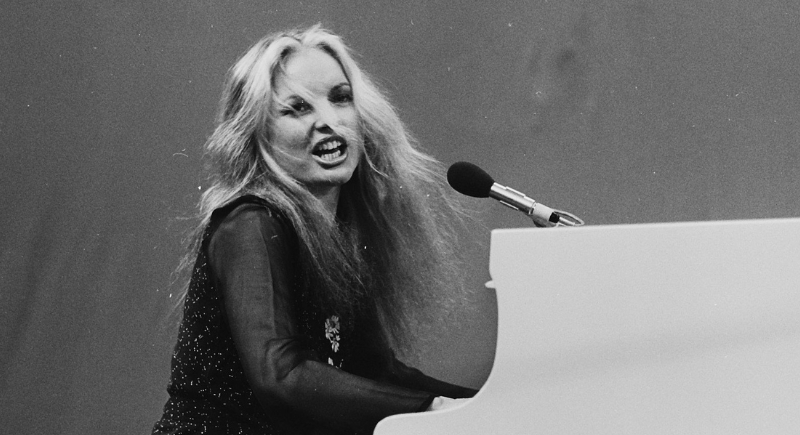
Credit: Wikimedia Commons
Chi Coltrane’s Thunder and Lightning shows off her raw vocal power and hit the Top 20. But after her debut, U.S. radio moved on. Coltrane found a more substantial following in Europe, where she continued to tour for decades and release music independently.
Meri Wilson – Telephone Man (1977)
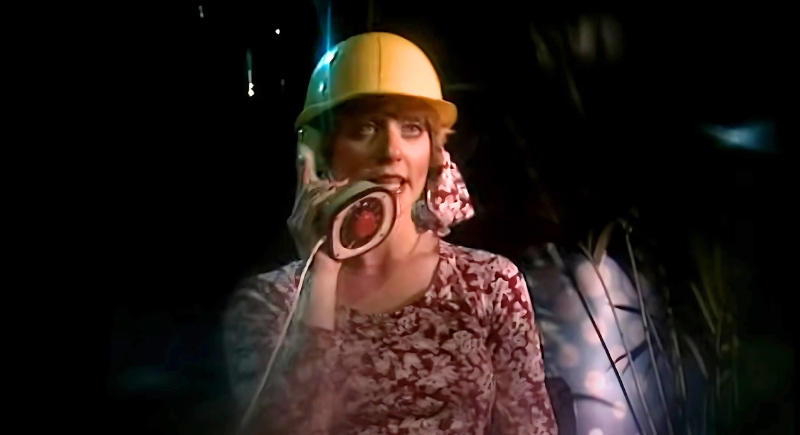
Credit: Youtube
Funny and suggestive enough to make teens snicker, Telephone Man gave Meri Wilson a novelty hit in 1977. The song reached No. 18 with double entendres and a breathy delivery. Wilson later worked in advertising and even tried a comeback in the ’90s.
Shirley Brown – Woman to Woman (1974)
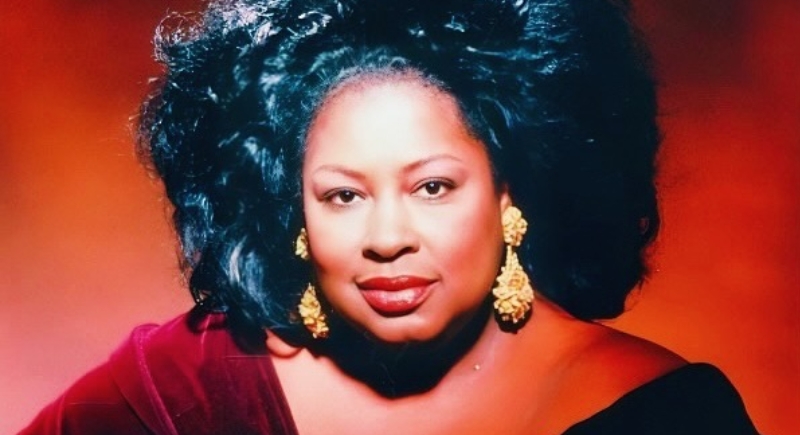
Credit: Instagram
Before voicemail, there was Shirley Brown’s Woman to Woman, which opens with a spoken-word phone confrontation between two women over a man. The powerful soul ballad reached No. 22 on the Hot 100 and topped the R&B charts.
Carol Douglas – Doctor’s Orders (1975)
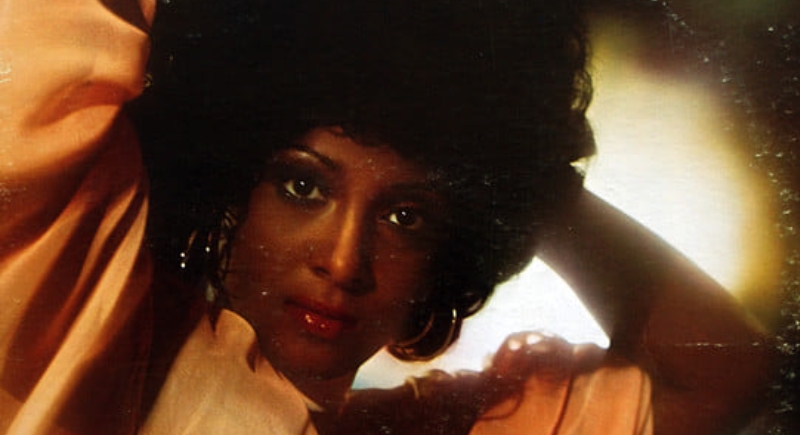
Credit: Facebook
Carol Douglas was one of the early voices of disco, and Doctor’s Orders made sure people took notice. It was sleek, catchy, and fresh, earning her a Top 20 hit in the U.S.
Sylvia Robinson – Pillow Talk (1973)
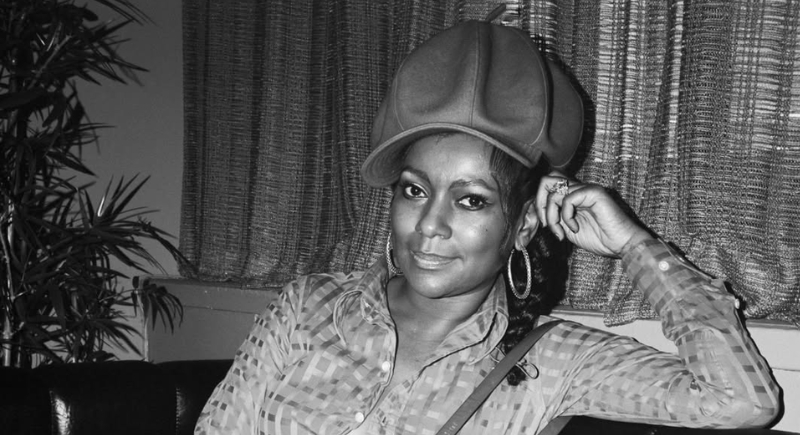
Credit: Instagram
Pillow Talk was intimate and way ahead of its time. Though it was her only major hit as a solo artist, Robinson’s real legacy came later—she co-founded Sugar Hill Records and helped bring hip-hop to the mainstream.
Alicia Bridges – I Love the Nightlife (1978)
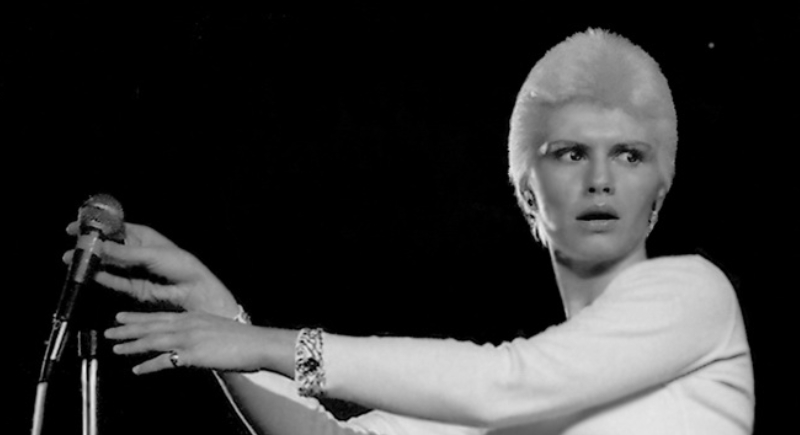
Credit: Facebook
Alicia Bridges’ punchy vocals and the irresistible beat made I Love the Nightlife a Top 5 hit—and a spot on countless dance playlists. She later moved into radio and rock, preferring the creative freedom over chasing hits.
Mary MacGregor – Torn Between Two Lovers (1976)
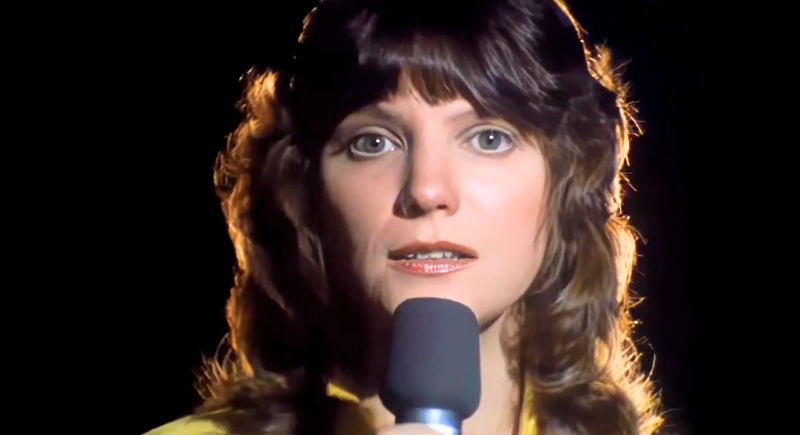
Credit: Youtube
Mary MacGregor reached the top of the charts in 1977 with Torn Between Two Lovers, which reached No. 1 on the Billboard Hot 100. The song has since appeared in parodies and covers.
Sami Jo – Tell Me a Lie (1974)
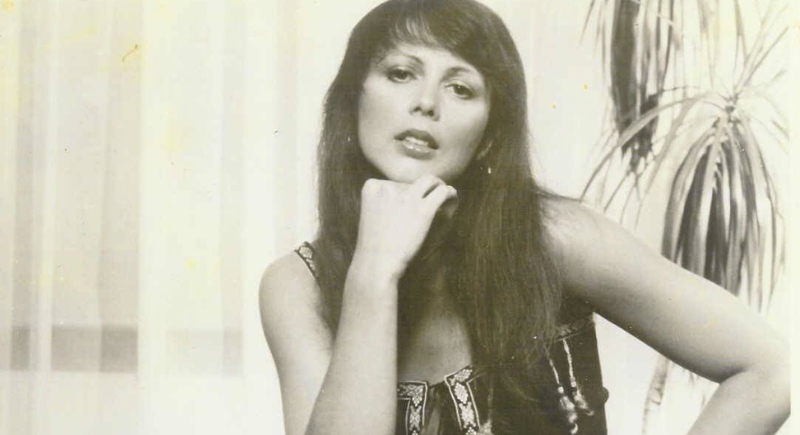
Credit: Facebook
Sami Jo had a quiet, country-pop presence when Tell Me a Lie became her only Top 40 hit. Her follow-ups didn’t chart, and her label went under not long after. She eventually stepped away from the spotlight altogether.
Shirley & Company – Shame Shame Shame (1974)
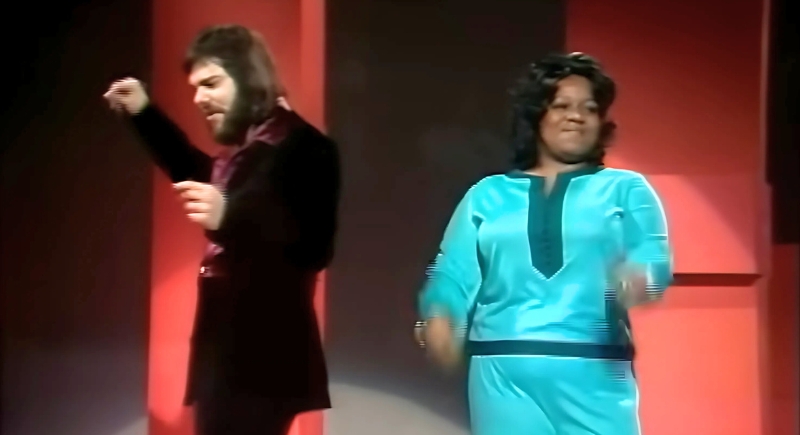
Credit: Youtube
Shame, Shame, Shame came out swinging in 1974 with a groove that helped pave the way for disco. The song’s infectious beat and playful back-and-forth vocals made it a favorite on dance floors.